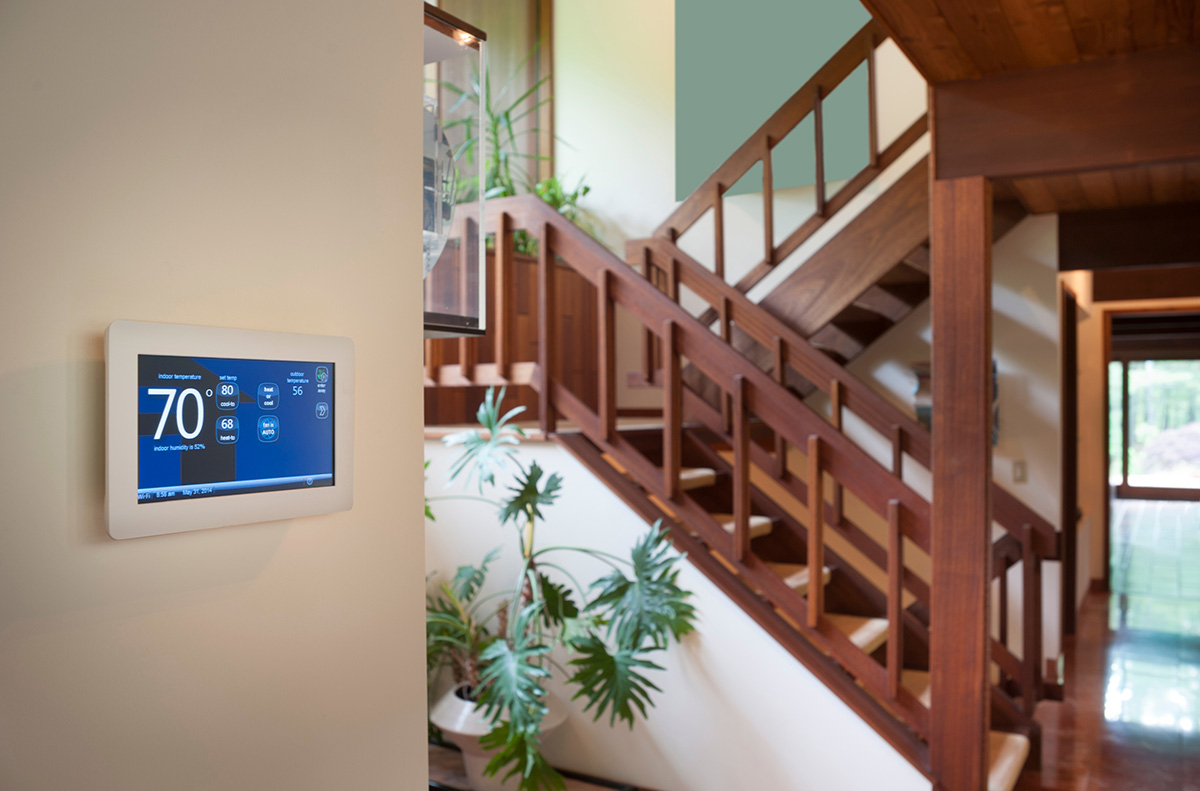
Maximize heating efficiency in Boise’s cold months with our guide: regular HVAC maintenance, smart thermostats, sealing leaks, insulation, and energy-efficient systems. Save energy and cut costs!
The cold months can be particularly challenging for Boise residents, demanding more from heating systems and often leading to increased energy consumption and costs. Enhancing heating efficiency is about maintaining comfort, energy conservation, and cost reduction. This article delves into effective strategies for Boise residents to maximize heating efficiency during the colder months, covering the significance of regular HVAC maintenance, the benefits of smart thermostat usage, the importance of sealing leaks and insulating the home, and the advantages of utilizing energy-efficient heating systems.
Regular HVAC Maintenance
The cornerstone of maintaining heating efficiency is regular HVAC system maintenance. An efficiently running HVAC system is paramount for Boise residents during the cold months when the demand for heating is at its peak. Regular maintenance includes professional inspections to ensure all HVAC system components are in optimal working condition. These inspections can identify and rectify potential issues before they lead to significant problems or system inefficiencies.
Regular maintenance also encompasses tasks that homeowners can perform, such as replacing air filters regularly. A clean filter improves airflow and system efficiency, reducing the heating system’s workload and energy consumption. According to the U.S. Department of Energy, replacing a dirty filter can lower an air conditioner’s energy consumption by as much as 15%, which underscores the importance of this simple maintenance task for heating systems as well (“Energy Saver: Tips on Saving Money and Energy at Home,” U.S. Department of Energy).
Smart Thermostat Usage
Smart thermostats are a game-changer for enhancing heating efficiency. These devices allow Boise residents to control their heating settings precisely, adapting them to their schedules and preferences. Homeowners can significantly reduce energy usage without sacrificing comfort by setting the thermostat to lower the temperature when the house is empty or at night.
The U.S. Environmental Protection Agency’s Energy Star program estimates that proper use of a programmable thermostat can save homeowners about $180 a year, highlighting the potential savings from smart thermostat usage (“Program Your Thermostat for Fall and Winter Savings,” Energy Star). Moreover, many smart thermostats offer learning capabilities and remote control, further optimizing heating efficiency by adjusting to real-time needs and allowing adjustments on the go.
Sealing Leaks and Insulating the Home
A well-sealed and insulated home is critical for maintaining heating efficiency. Drafts and leaks can lead to significant heat loss, forcing the heating system to work harder to maintain comfortable indoor temperatures. Sealing leaks around doors, windows, and other openings is a cost-effective way to prevent heat loss. Additionally, proper insulation in the attic, walls, and floors keeps the warmth inside, reducing the demand on the heating system.
The U.S. Department of Energy emphasizes the importance of air sealing and insulation, noting that these measures can lead to substantial savings on heating and cooling costs (“Insulating Your Home,” U.S. Department of Energy). Focusing on these areas can be particularly beneficial for Boise residents during the cold months when every bit of heat conservation matters.
Energy-Efficient Heating Systems
Upgrading to an energy-efficient heating system can provide long-term benefits regarding heating efficiency and cost savings. Energy-efficient systems use advanced technology to provide the same level of warmth while consuming less energy. While the initial investment may be higher, the long-term savings on energy bills and the environmental benefits make it a worthwhile consideration for Boise residents.
The Energy Star program certifies heating systems that meet strict energy efficiency guidelines, helping consumers identify products that can lead to significant savings and environmental benefits (“Heating & Cooling,” Energy Star). Investing in such a system can be a decisive step toward maximizing heating efficiency during the cold months.
By implementing these strategies—regular HVAC maintenance, smart thermostat usage, sealing leaks and insulating the home, and considering energy-efficient heating systems—Boise residents can significantly enhance their heating efficiency during the cold months. These measures contribute to a more comfortable and sustainable living environment and considerable cost savings over time.
References:
- “Energy Saver: Tips on Saving Money and Energy at Home,” U.S. Department of Energy. [*]
- “Program Your Thermostat for Fall and Winter Savings,” Energy Star. [*]
- “Insulating Your Home,” U.S. Department of Energy. [*]
- “Heating & Cooling,” Energy Star. [*]